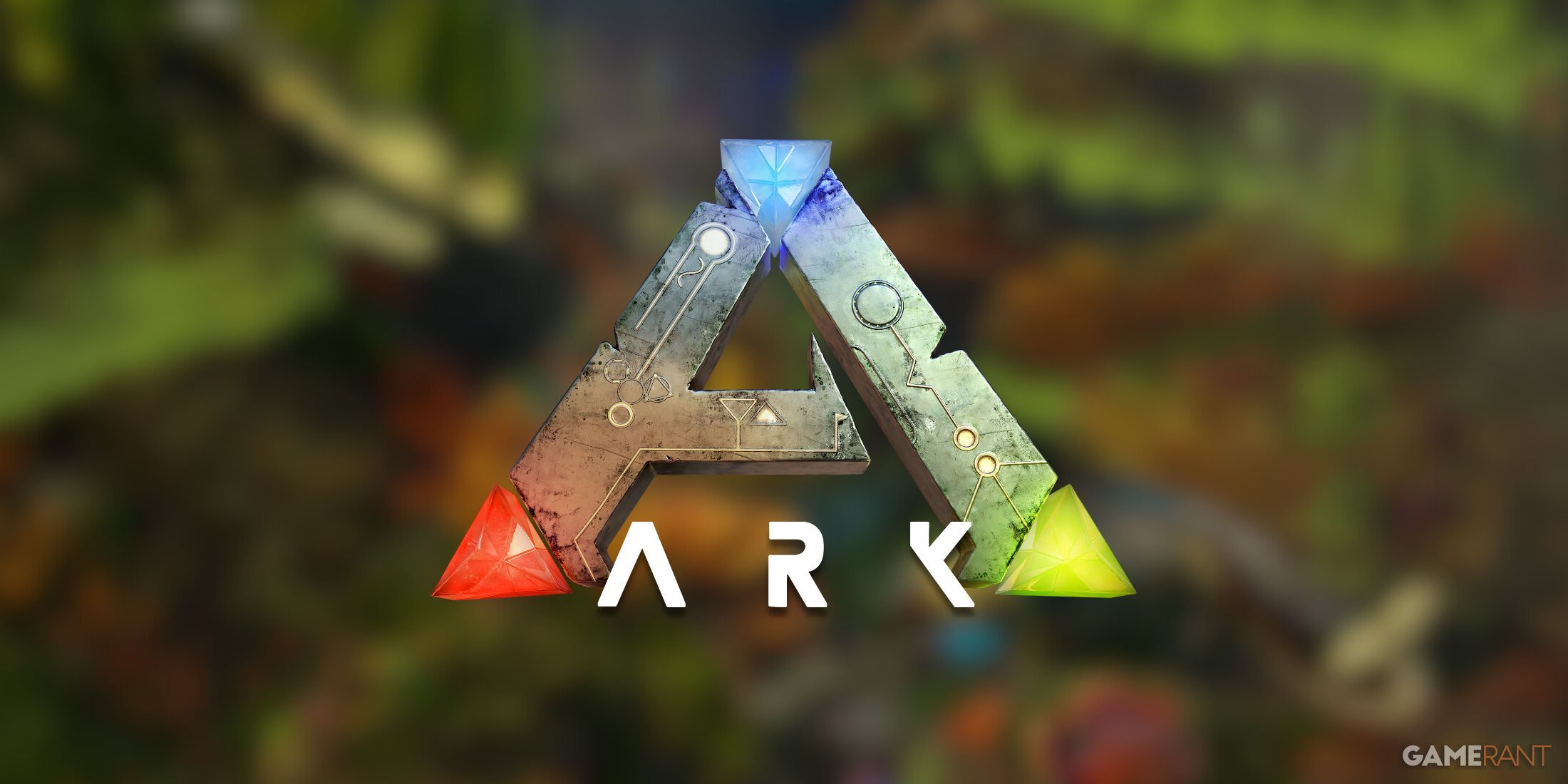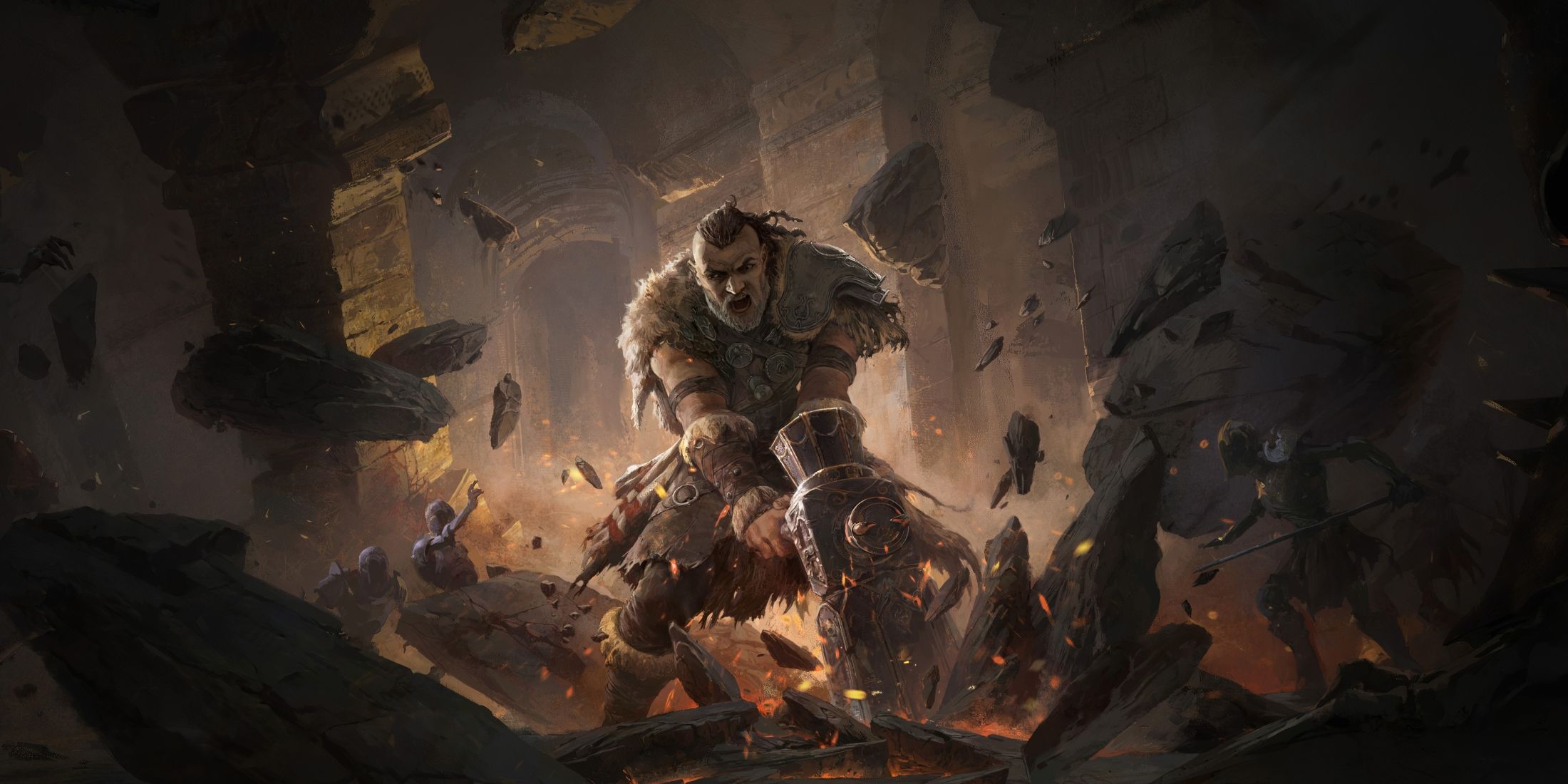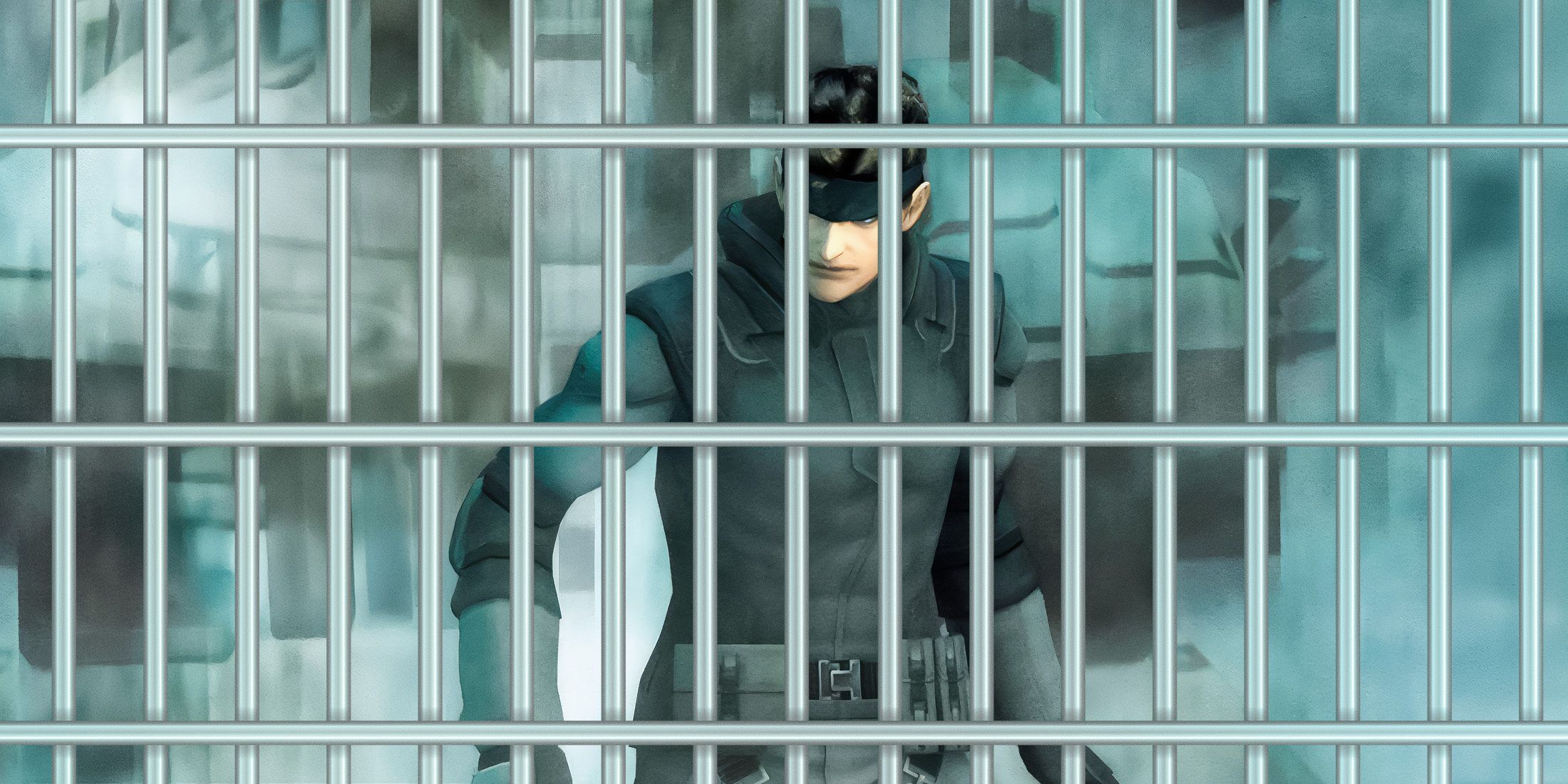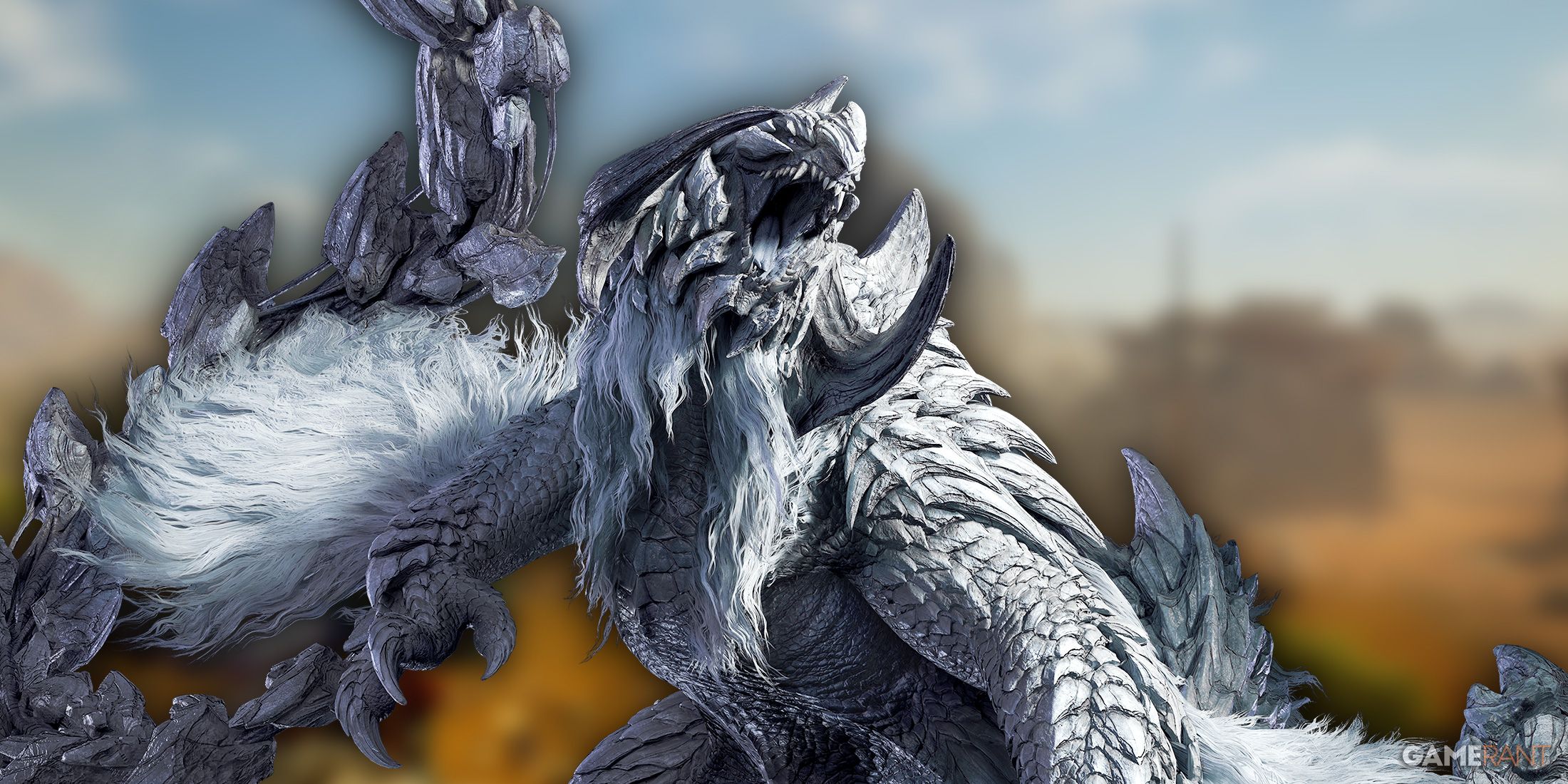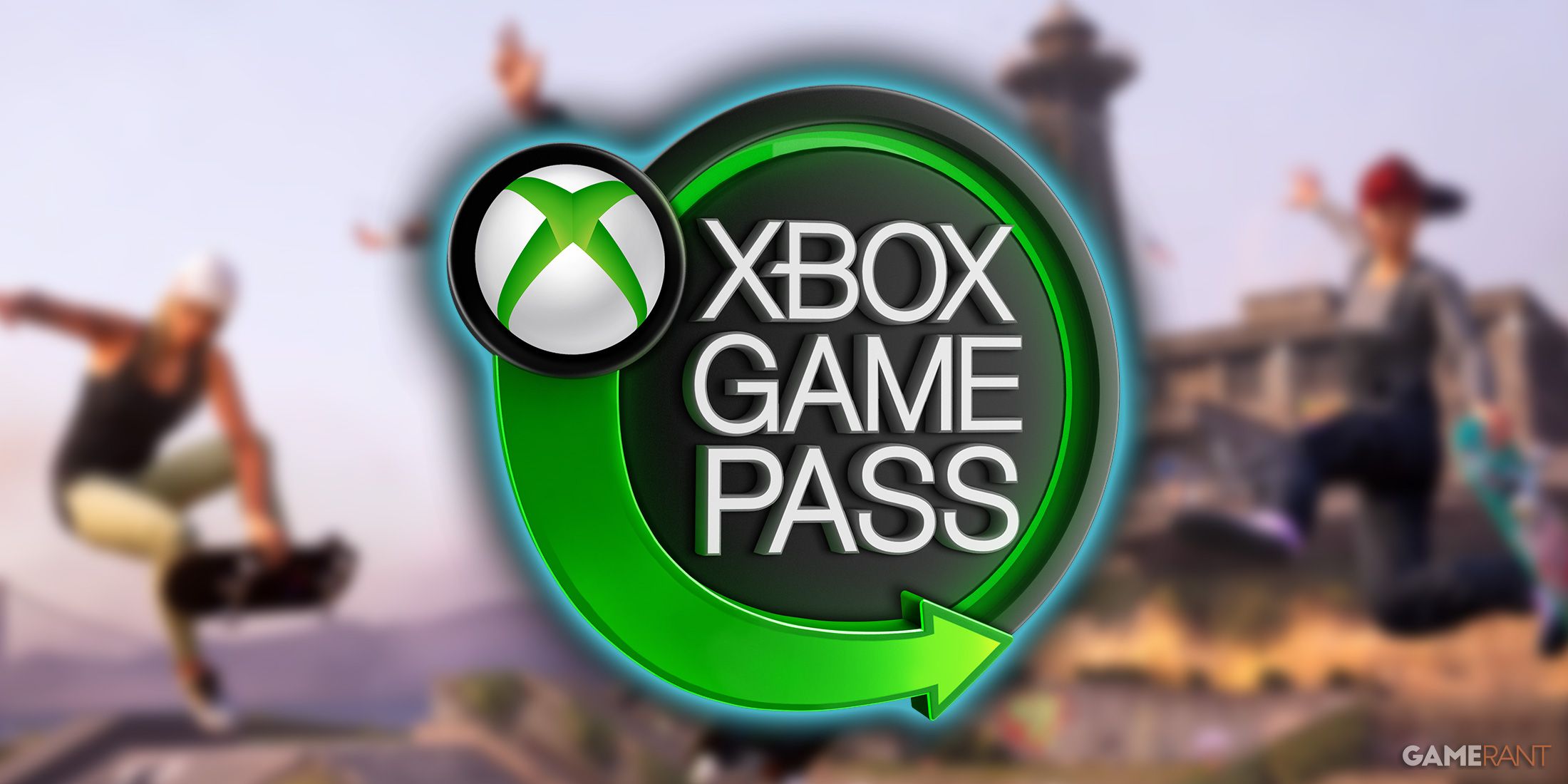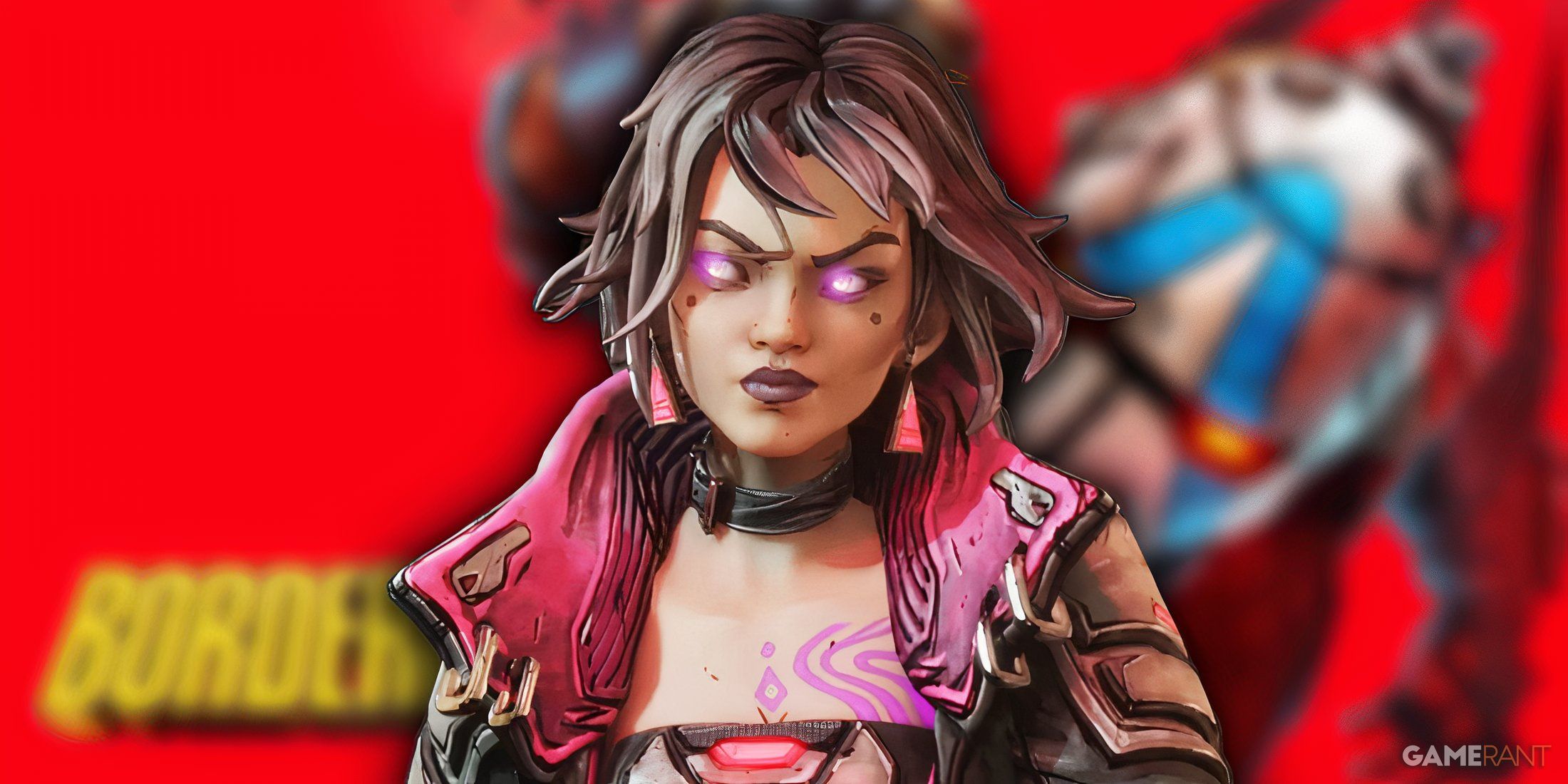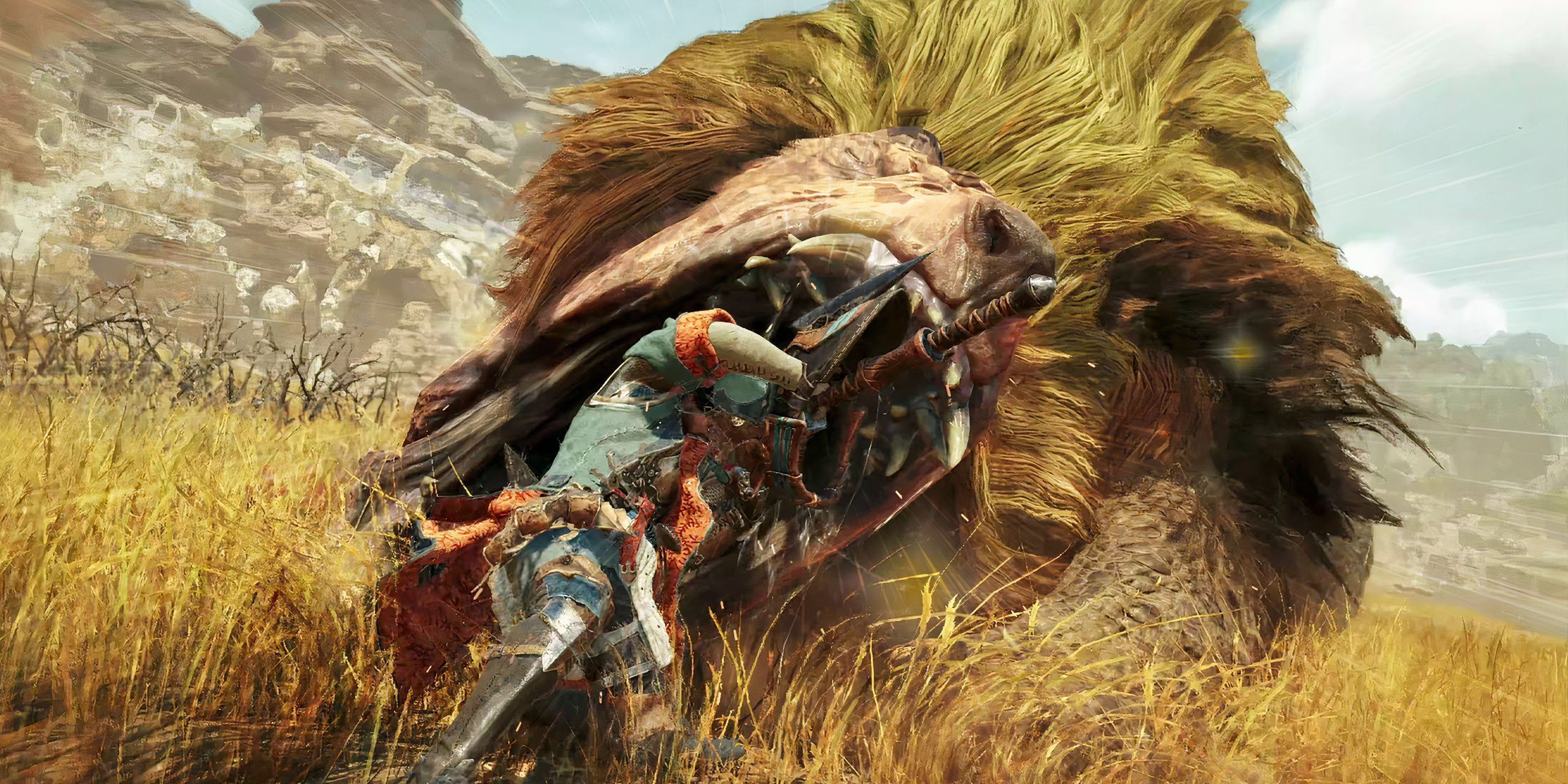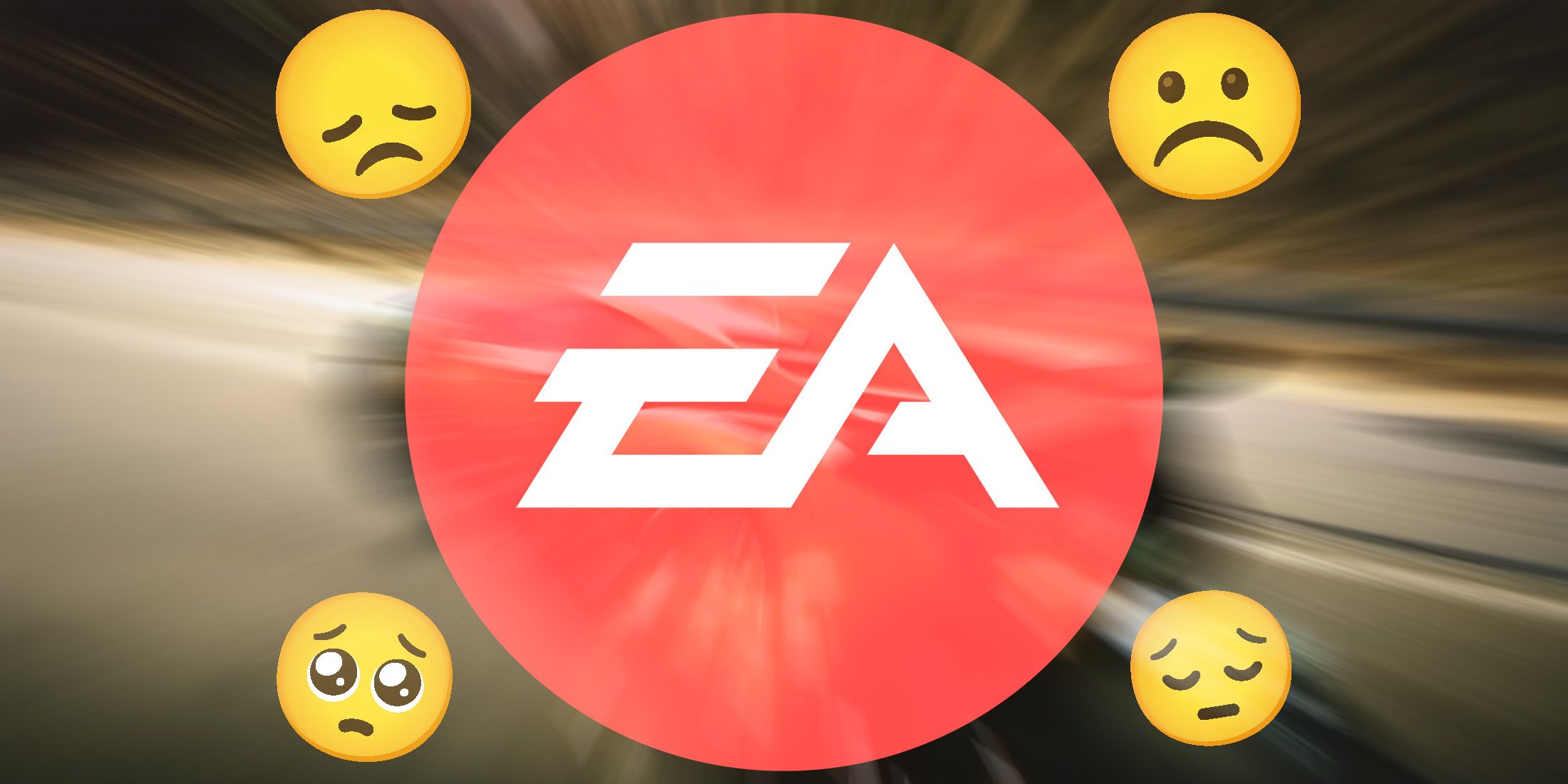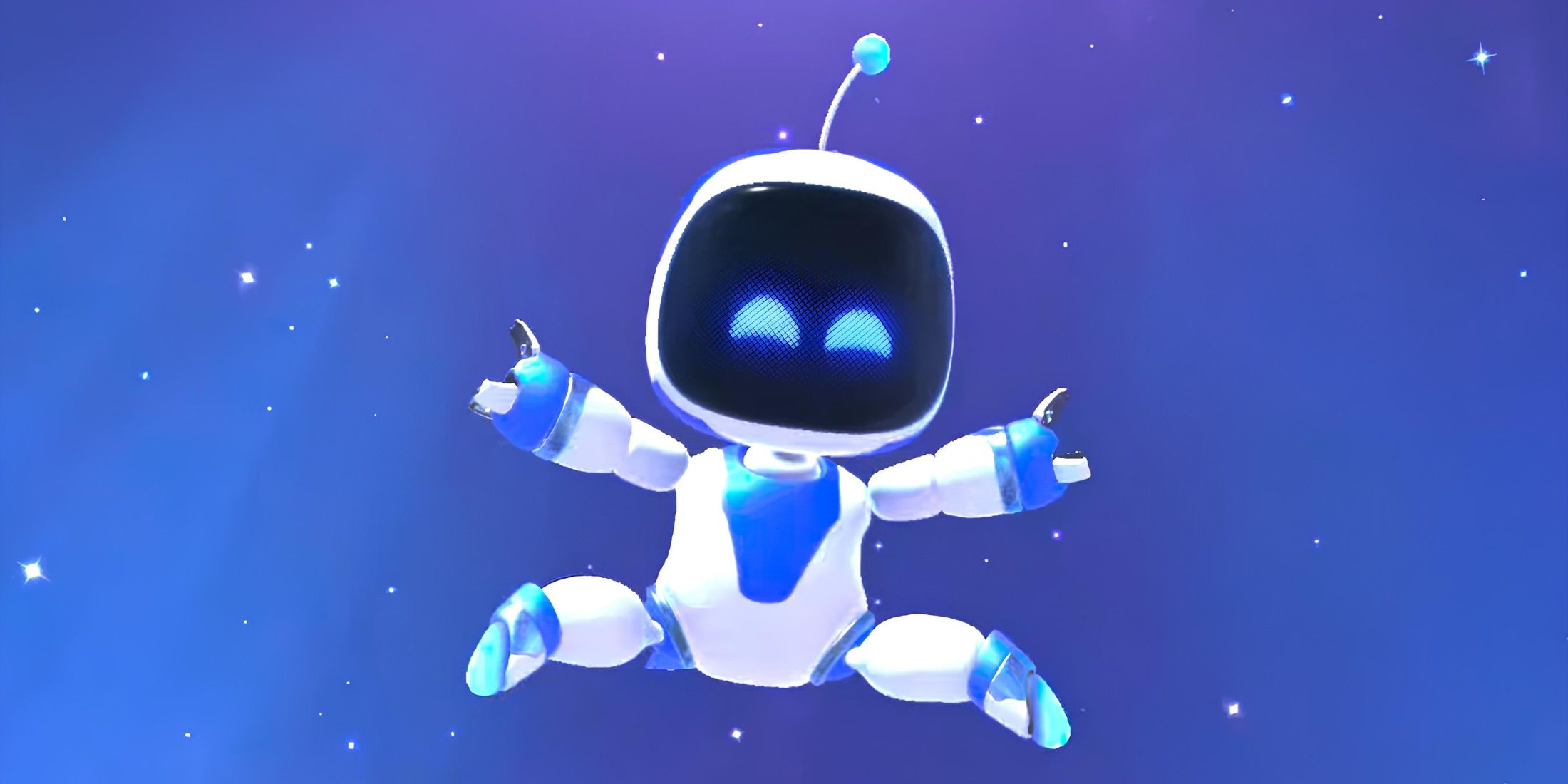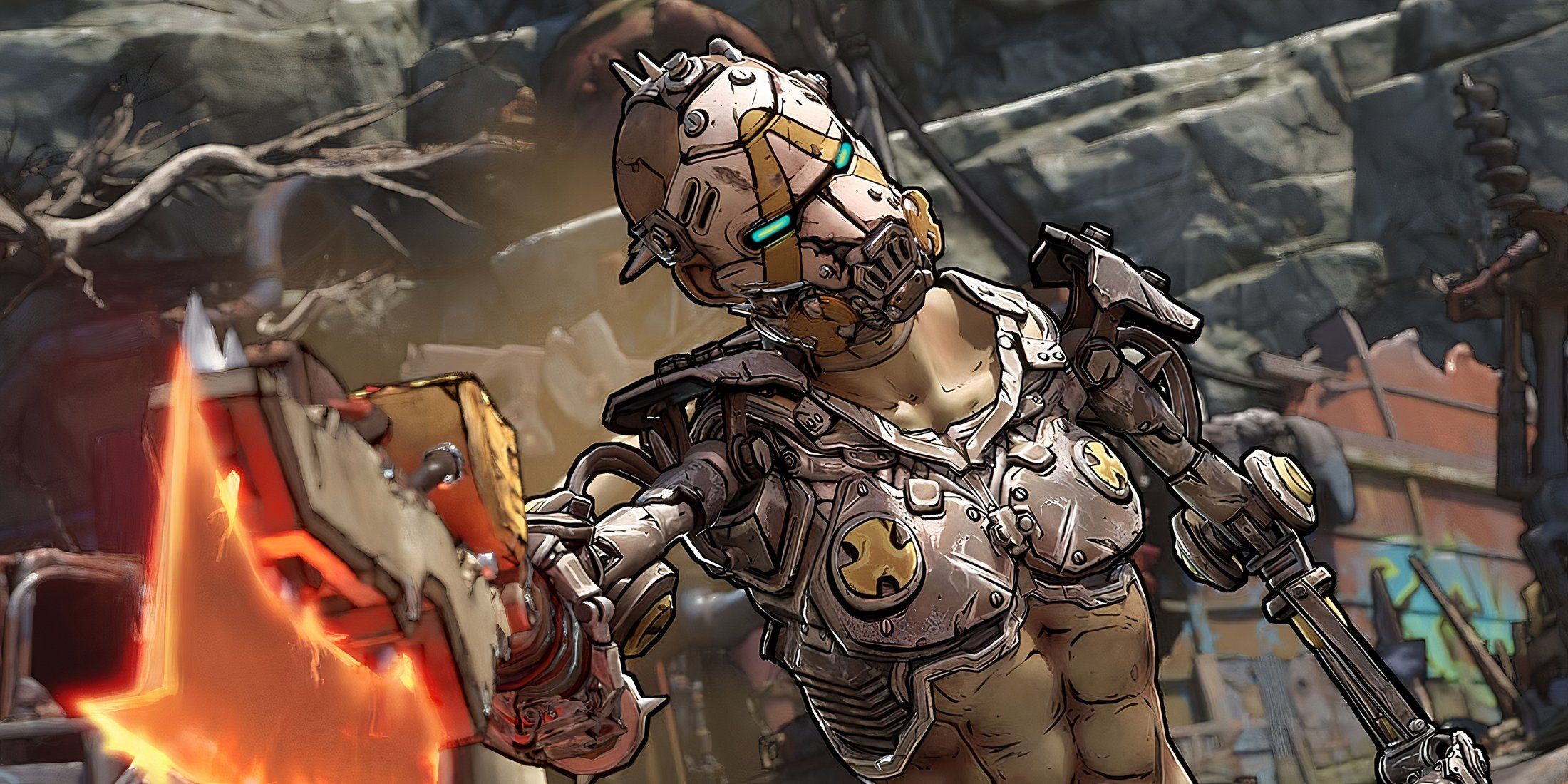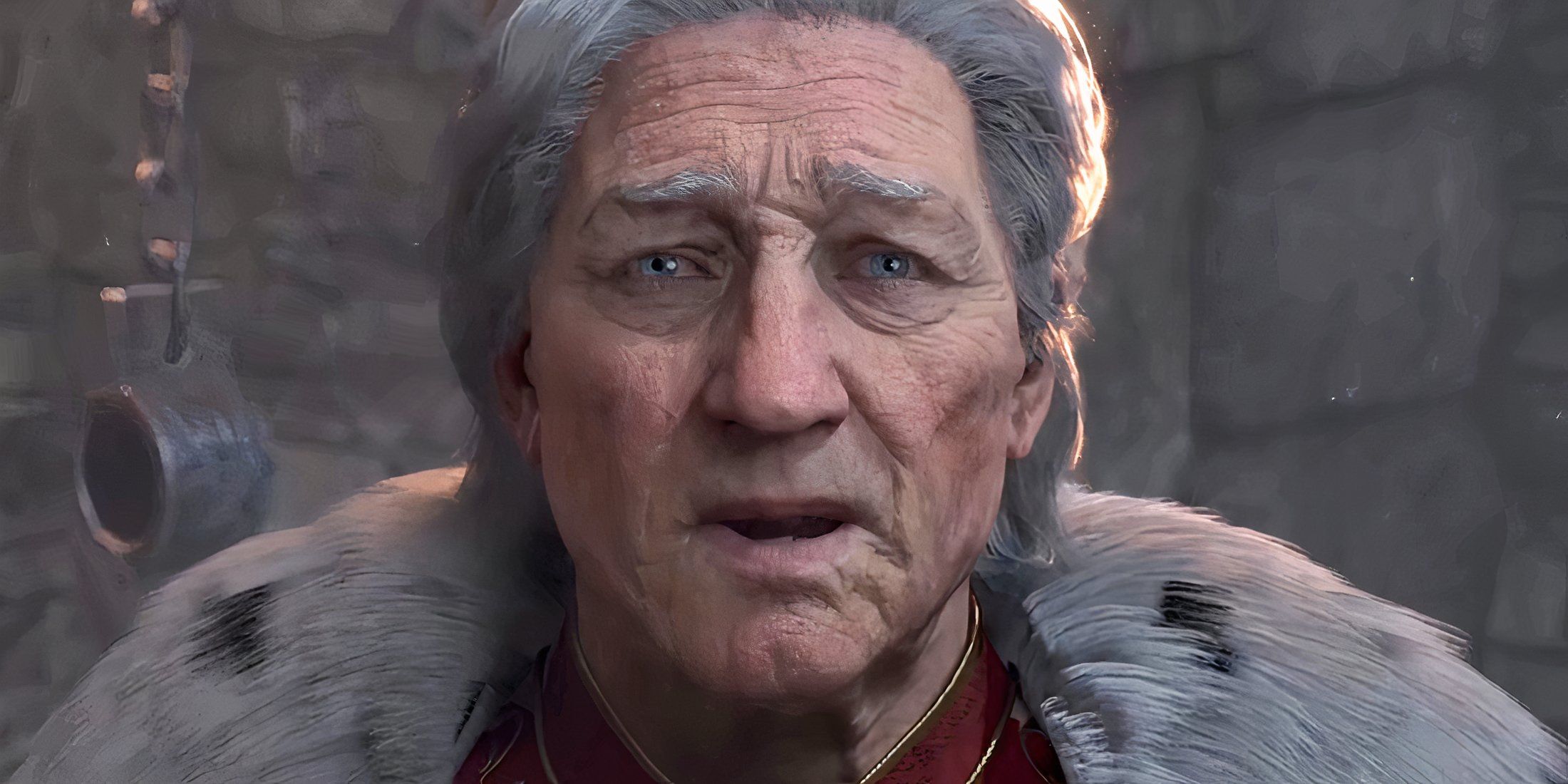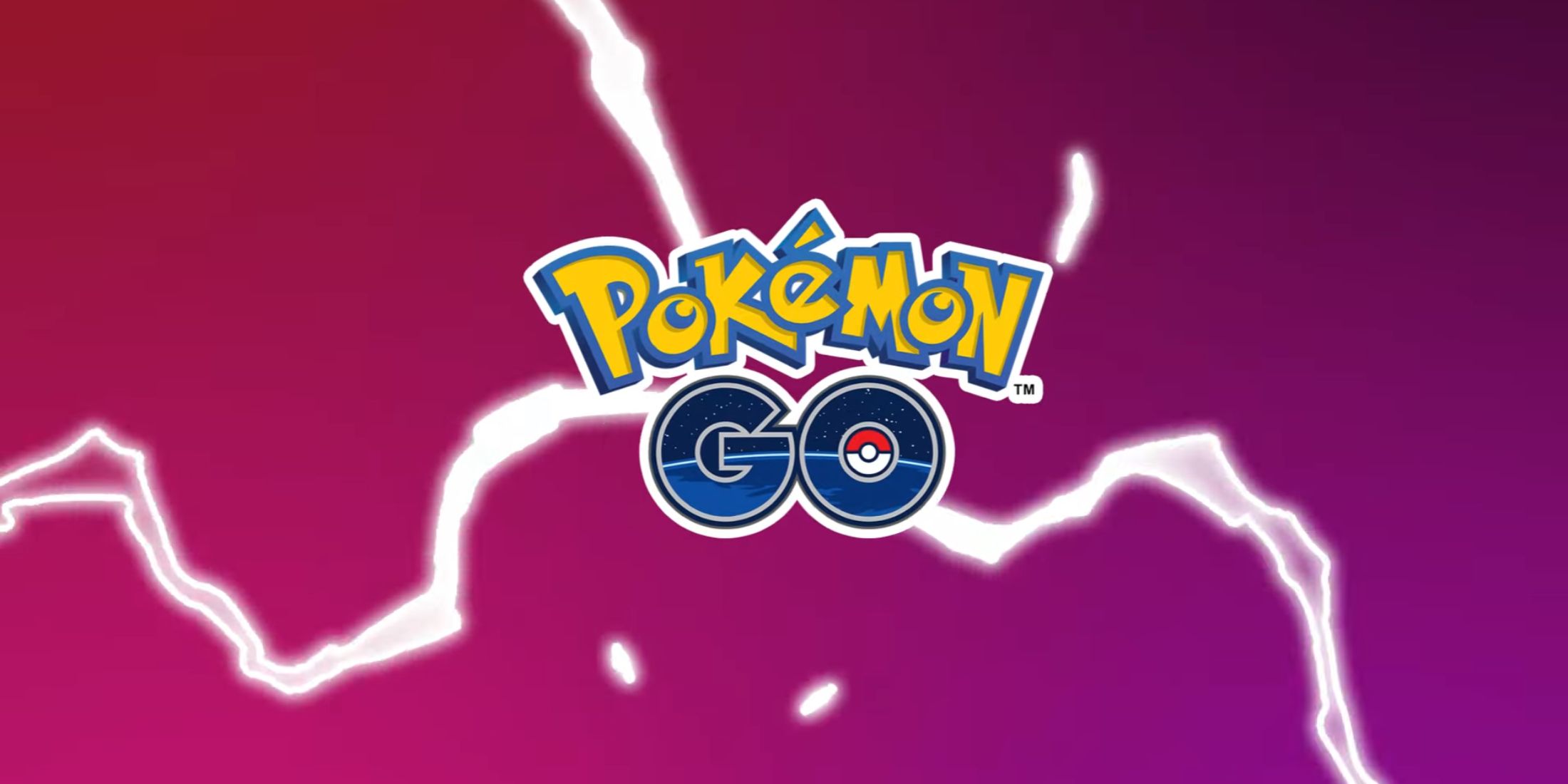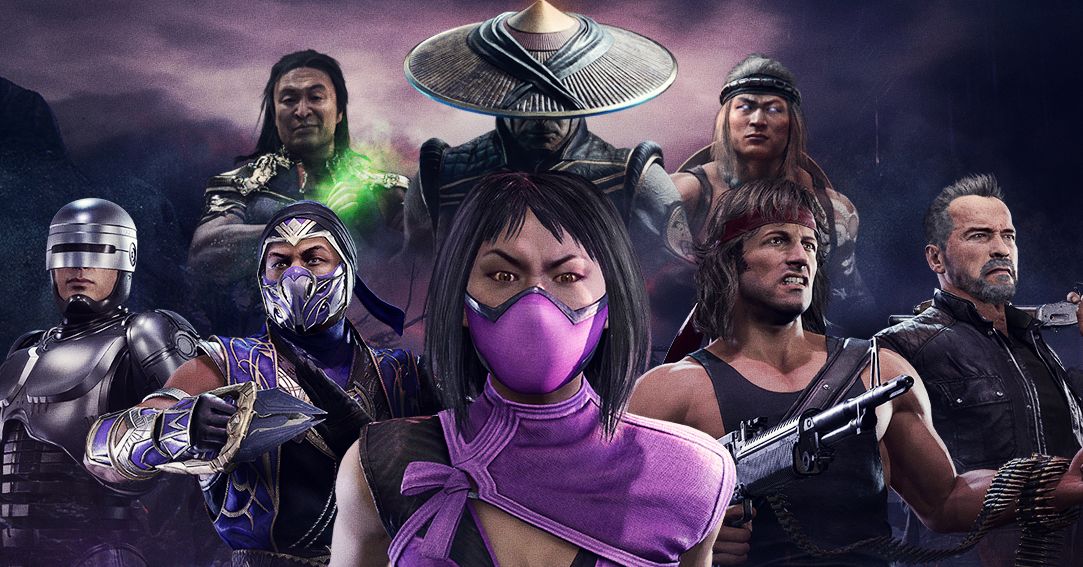
Since entering public use, the internet has been an incredible boon for people looking for a community. Whether you trawled fan websites for various Final Fantasy VII characters back in the early ’00s or hang out on Discord servers for your favorite Youtube channel now, you’ve probably experienced the ease with which community can be found, if not necessarily joined, on the internet.
The fighting game community, or FGC, is a great example of these competitive communities. The FGC is a broad term for a broad group of hundreds of games and thousands of gamers. Industry titans like Street Fighter, beloved cult classics like Melty Blood, and entertaining curiosities like Ultra Fight Da! Kyanta 2 all fall under the FGC banner, and each game has its own group of devoted streamers, players, and fans keeping their game alive.
At the same time, video games have historically been difficult spaces to navigate for members of the LGBTQ+ community. On the one hand, the anonymity and customization options afforded to players of MMOs like World of Warcraft or Final Fantasy XIV has allowed queer people both in and out of the closet to experiment with identity and presentation in a relatively safe, controlled environment. On the other, you have data like this 2019 report by the Anti-Defamation League which found that 35 percent of LGBTQ+ gamers reported harassment based on their identity.
Queer fighting-game players have experienced much the same harassment that queer gamers have experienced in other spaces: misgendering, slurs, and threats of violence. The first time I was ever called a homophobic slur was while playing a fighting game, and it’s not hard to find similar behavior in the FGC, often directed at more popular and visible queer members of the community.
Casual misogyny is also a persistent problem in parts of the scene, with femme and transfem players’ knowledge and skill at the game being discounted or downplayed. When talking about treatment as a commentator versus as a player, Super Smash Bros. commentator Dara M. Gar explained, “People definitely underestimate my knowledge of the game … The kind of criticism that I can get as a commentator is really bizarre. People wouldn’t even listen to the things that I’m saying. They say that I don’t know anything about the game.”
These days, players from marginalized groups mostly get harassment in Twitch chats for both individual and tournament streams, or on social media sites like Twitter or Reddit—but in-person harassment has been and still can be present in the community as well. So present, in fact, that back in 2012, on a Capcom-produced show meant to promote the then-upcoming Street Fighter X Tekken, the popular Tekken streamer and commentator Aris Bakhtanians felt comfortable saying, “This is a community that’s, you know, 15- or 20-years-old, and the sexual harassment is part of a culture.” The day after outlets like Giant Bomb reported on the quote, Bakhtanians released a statement apologizing for his comments while also defending himself by saying, “I was very heated as I felt that the culture of a scene I have been a part of for over 15 years was being threatened.”

